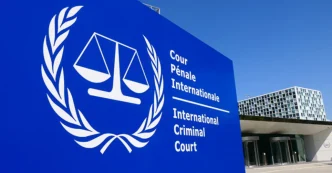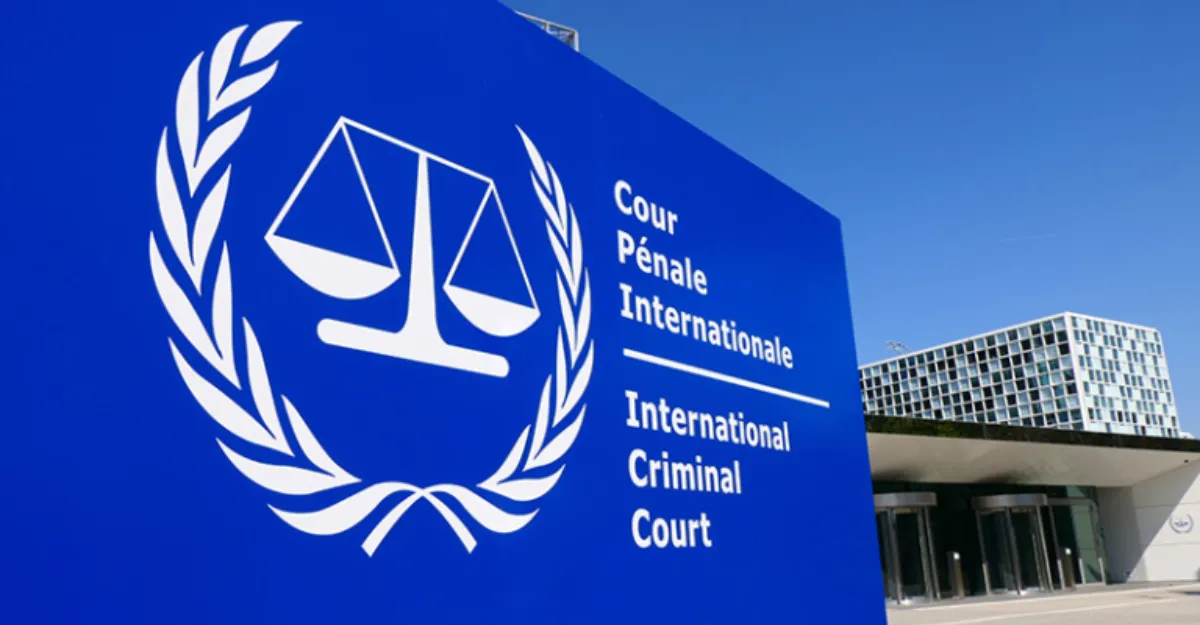A recent survey reveals that a majority of Filipinos support the Philippines rejoining the International Criminal Court (ICC), highlighting a significant shift in public opinion. However, stark regional and demographic divides, particularly in Mindanao, underscore the complexity of this issue in a nation with a fraught history with the court.
Survey Reveals Strong Support for ICC Reengagement
A survey conducted by OCTA Research between April 20 and 24, 2025, found that 57 percent of Filipinos favor the country’s return to the ICC, an institution tasked with prosecuting international crimes such as genocide and war crimes. Only 37 percent opposed the move, while 6 percent remained undecided, according to the results published on July 1, 2025, by the Philippine Daily Inquirer. The survey, which involved face-to-face interviews with 1,200 respondents aged 18 and above, carries a margin of error of ±3 percent at a 95 percent confidence level.
OCTA Research described the findings as indicative of “broad, though not unanimous, public backing for renewed engagement” with the ICC. This sentiment comes years after the Philippines withdrew from the court in 2019 under former President Rodrigo Duterte, citing concerns over sovereignty and alleged bias. The current push for reengagement appears to reflect a growing public desire for accountability on the international stage, though the debate remains far from settled.
Regional and Demographic Fault Lines
While support for rejoining the ICC is widespread across much of the country, the survey reveals significant regional disparities. Over 60 percent of respondents in Metro Manila, Balance Luzon, and Visayas endorsed the move, signaling strong backing in these areas. In stark contrast, only 30 percent of respondents in Mindanao supported reengagement, with opposition reaching a high of 66 percent in the region. This divide highlights historical and political tensions in Mindanao, a region often at odds with national policies due to its distinct cultural identity and ongoing conflicts.
Breaking down the data further, specific areas within Mindanao and other regions showed even lower support. For instance, only 16 percent of respondents in the Davao Region—historically a stronghold of Duterte’s influence—backed rejoining the ICC.
Support for ICC Reengagement by Region & Age Group
Age also played a role in shaping opinions. Support was highest among the 25 to 34 age bracket at 62 percent, possibly reflecting a younger generation’s openness to international cooperation. Conversely, support dipped to 50 percent among those aged 45 to 54, indicating greater skepticism among older demographics who may recall the contentious debates surrounding the ICC during Duterte’s tenure.
OCTA Research noted that “public opinion varies across regions and demographics, with significantly lower support in Mindanao and among certain age and socioeconomic groups.” This observation points to a fragmented national consensus, where historical grievances and political loyalties continue to shape attitudes toward international institutions.
High Awareness but Persistent Divides
Awareness of the ICC is notably high among Filipinos, with 85 percent of survey respondents reporting that they had seen, read, or heard about the court. Only 13 percent claimed to be unaware of it, while 1 percent were undecided. This high level of awareness suggests that the ICC’s role—and the controversies surrounding the Philippines’ relationship with it—remains a prominent topic in national discourse.
Yet, awareness does not equate to agreement. The strong opposition in Mindanao, for instance, may be tied to lingering resentment over past ICC investigations into alleged human rights abuses during Duterte’s administration, particularly in the context of the war on drugs. Many in the region, where Duterte enjoys enduring popularity, may view the ICC as an external entity infringing on national sovereignty—a sentiment that has long fueled debates over the court’s jurisdiction.
Political Context and Historical Tensions
The Philippines’ relationship with the ICC has been tumultuous. The country became a state party to the Rome Statute, the treaty establishing the ICC, in 2011 under President Benigno Aquino III. However, Duterte’s administration withdrew from the court in 2019 following ICC probes into alleged extrajudicial killings linked to his anti-drug campaign. The withdrawal marked a low point in the Philippines’ engagement with international justice mechanisms, with Duterte repeatedly criticizing the ICC for what he described as interference in domestic affairs.
Since Duterte’s departure from office in 2022, discussions about rejoining the ICC have gained traction under President Ferdinand Marcos Jr. While Marcos has not explicitly committed to reengagement, public sentiment—as evidenced by the OCTA survey—appears to lean toward reintegration. Proponents argue that rejoining the ICC would signal a renewed commitment to human rights and accountability, particularly in light of ongoing concerns about impunity for past abuses.
Critics, however, caution against such a move, echoing Duterte’s concerns about sovereignty. In Mindanao, where opposition is strongest, many view the ICC with suspicion, associating it with foreign meddling rather than justice. This regional divide mirrors broader national debates about how the Philippines should balance international obligations with domestic priorities.
Implications for National Policy
The survey results raise critical questions for policymakers in Manila. With a clear majority favoring reengagement, the government faces pressure to address public sentiment while navigating the political minefield of regional opposition. Rejoining the ICC would require not only legislative action but also a concerted effort to build consensus across diverse communities—a tall order given the deep-seated divisions highlighted by the survey.
Moreover, the issue extends beyond domestic politics. Rejoining the ICC could reshape the Philippines’ standing in the international community, potentially strengthening ties with allies who prioritize human rights and rule of law. At the same time, it risks reigniting tensions with critics of the court, both within and outside the country, who may view such a move as capitulation to external pressures.
Public Opinion as a Catalyst for Change?
The OCTA survey also sheds light on the broader dynamics of public opinion in the Philippines. The high level of awareness about the ICC—coupled with a majority in favor of reengagement—suggests that Filipinos are increasingly engaged with issues of international justice. This trend could signal a shift toward greater public demand for accountability, even as it exposes the challenges of unifying a nation with diverse historical and political experiences.
However, the regional and demographic divides cannot be ignored. Mindanao’s strong opposition, in particular, underscores the need for dialogue and reconciliation if the Philippines is to chart a cohesive path forward. Without addressing these fault lines, any move to rejoin the ICC risks deepening existing tensions rather than resolving them.
Looking Ahead
As the debate over the ICC continues, the Philippine government finds itself at a crossroads. Will it heed the majority’s call for reengagement, or will regional opposition and historical grievances stall progress? The OCTA survey offers a snapshot of a nation grappling with its past and future, where the pursuit of justice remains as complex as ever.
















